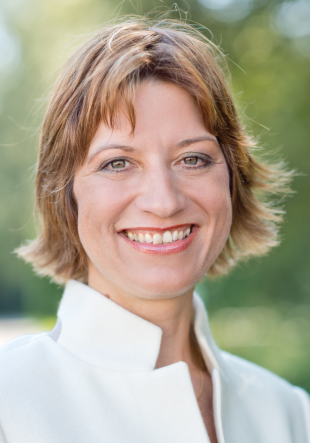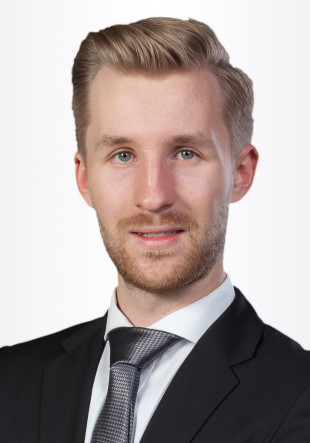Priority programme of the German Research Foundation has been successfully launched under the leadership of Paderborn University
Today's technical systems are interdisciplinary, complex and interconnected. In addition to high product complexity, the demands for sustainability and recyclability must be met. But how can this be achieved with products that not only fulfil the principles of sustainable resource use today, but also in many years' time? As early as the development stage, engineers have to make decisions that influence the entire life cycle of a product – from the initial idea to utilisation and recycling. In order to increase the efficiency of interdisciplinary product development, the German Research Foundation (DFG) has launched the "Hybrid Decision Support in Product Development" Priority Programme under the leadership of Paderborn University. The aim is to master the complex challenges of the circular economy, global dependencies and the digital transformation in mechanical and plant engineering. At its core, the scientists involved are conducting basic research into the use of data science and artificial intelligence (AI) in product development. The priority programme comprises six research projects, which are being carried out by a total of eleven universities and more than 40 researchers from all over Germany. They will be sponsored with around six million euros over an initial period of three years.
Mastering challenges in product development
Prof. Dr.-Ing. Iris Gr??ler, Head of the Product Creation workgroup at the Heinz Nixdorf Institute (HNI) at Paderborn University, is coordinating the priority programme. She explains: "In the projects, we are researching how we can overcome challenges in the field of product creation by systematically incorporating data and AI." One particular difficulty lies in the availability of the data to be analysed. This data is sometimes available in very large quantities, in different formats and languages, from different sources or in incomplete form. The aim of the priority programme is to use such extreme data in the form of hybrid decision support. "Data science and AI are intended to expand human capabilities in established engineering processes. With the findings we are aiming for, it should be possible in future to return decommissioned products to the product life cycle at the highest possible level of circularity and to derive requirements for production facilities," says Gr??ler. The circularity level quantifies how efficiently resources are used, reused and recycled within a closed cycle in order to minimise waste and reduce the extraction of new, finite resources.
Project example at the HNI: "Design for Capabilities" (DeCap)
In the project "DeCap – Capability-based Product Creation", which is part of the new priority programme, researchers at Paderborn University HNI and the Institute of Production Systems and Logistics at Leibniz Universit?t Hannover are investigating how existing capabilities in production can be taken into account during development. They collect data from the production environment, analyse it automatically and derive capability profiles from it. This will enable engineers to develop products in such a way that they cannot only be assembled once, but also disassembled and reused. Disassembly with the aim of reassembly poses a particular challenge in this research context, as it is difficult to plan the product condition, specific tasks and required skills in advance. Gr??ler gives an example: "Let's imagine a mountain bike with a carbon fork that is ridden off-road and discarded at some point. Can it be ruled out that the bike has had a serious fall? A carbon fork would have to be analysed at great expense, whereas a steel fork could be reused much more easily." In contrast to steel, where deformations or cracks are usually directly visible or easily recognisable, microcracks or internal structural damage can occur in carbon materials that cannot be detected by the naked eye. "Our aim in future is to design the bicycle from the outset in such a way that the individual parts can be easily reused," explains Gr??ler.
The groups of researchers and the research objectives
In addition to Paderborn University, RWTH Aachen University, TU Berlin, Ruhr University Bochum, Chemnitz University of Technology, Leibniz University Hannover, RPTU Kaiserslautern, Trier University, and the Karlsruhe Institute of Technology are involved in the research projects of the priority programme. They are investigating so-called "machine learning surrogate models" (MLS) to improve or partially replace conventional simulations for product analysis and validation. They also enable resource-efficient optimisation for the necessary reconfiguration of existing assembly systems. They also simplify design processes and support engineers in fulfilling requirements. Another group is developing a multimodal AI system to support task-specific decision-making activities with regard to specific use cases. To do this, it processes complex data sets. Optimisation potentials are also derived in production phases so that they can be used as decision support in the design process.
Further information on the priority programme can be found at: https://www.spp2443.de/
This text was translated automatically.





